South Africa
South Africa’s government has lost its appeal against the Supreme Court’s ruling which said the state erred in not arresting Sudan’s president Omar al-Bashir.
The Sudanese leader attended an African Union summit in June last year in South Africa but was allowed to leave the country in spite of a court order barring him from doing so.
The court had barred al-Bashir from leaving South Africa until the end of a hearing on whether he should be detained under a global arrest warrant.
But the government claimed that Mr. al-Bashir slipped out of the country without being noticed.
South Africa, a signatory to the Rome statute, was expected to arrest al-Bashir who is wanted by the International Criminal Court (ICC) for masterminding genocide in Sudan’s Darfur region.
South Africa’s government had prayed the Supreme Court to overturn its ruling arguing that a gazette notice granted diplomatic immunity to all delegates who attended the summit, according to Reuters.
But the court ruled that the government’s failure to arrest al-Bashir was inconsistent with the country’s obligations to the Rome statute, describing the action as ‘unlawful’.
Lawyers for Human Rights, a South African human rights group has welcomed the ruling.
“We are very pleased with the judgement because it clarifies South Africa’s legal obligations in terms of our own legislation and in terms of our obligations to the International Criminal Court,” said Wayne Ncube, an attorney at Lawyers for Human Rights.
The Supreme Court ruling means al-Bashir and others facing global arrest warrants for crimes against humanity would be arrested if they ever set foot in South Africa, reports Reuters.



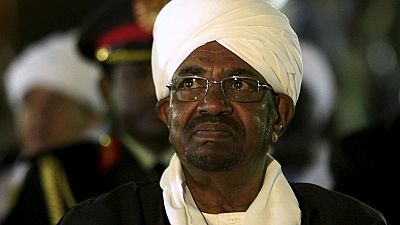

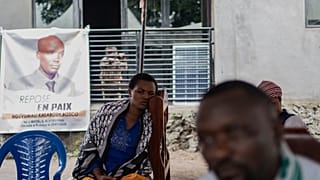

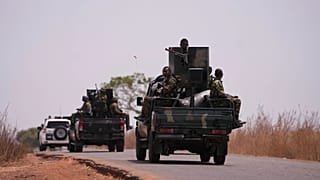
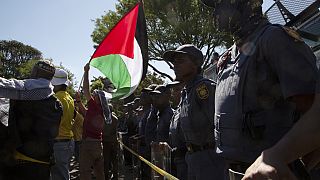


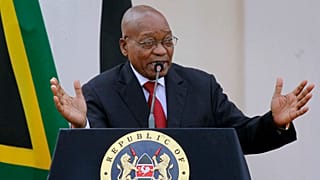
00:57
Youngest son of DR Congo's independence hero passes away in Kinshasa
01:00
Pix of the Day January 28, 2026
01:06
Trump says Ilhan Omar’s wealth is under investigation
02:13
Families bid farewell to schoolchildren in South Africa killed in a school bus crash
01:01
South Africa to step aside from G20 during United States presidency
00:29
South Africa's Kruger park suffers 'devastating' damage from floods